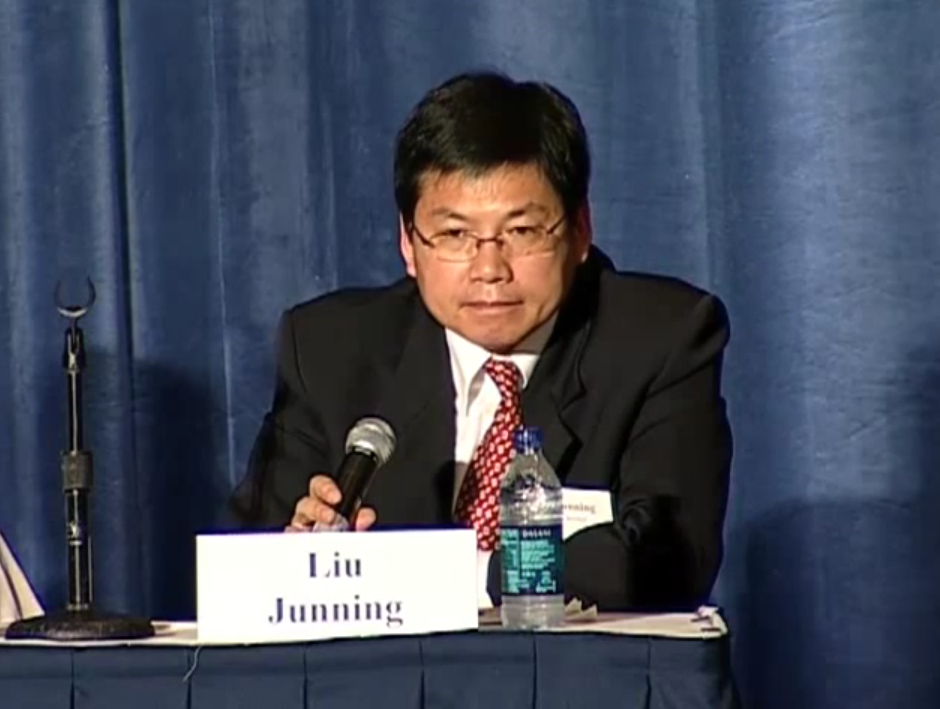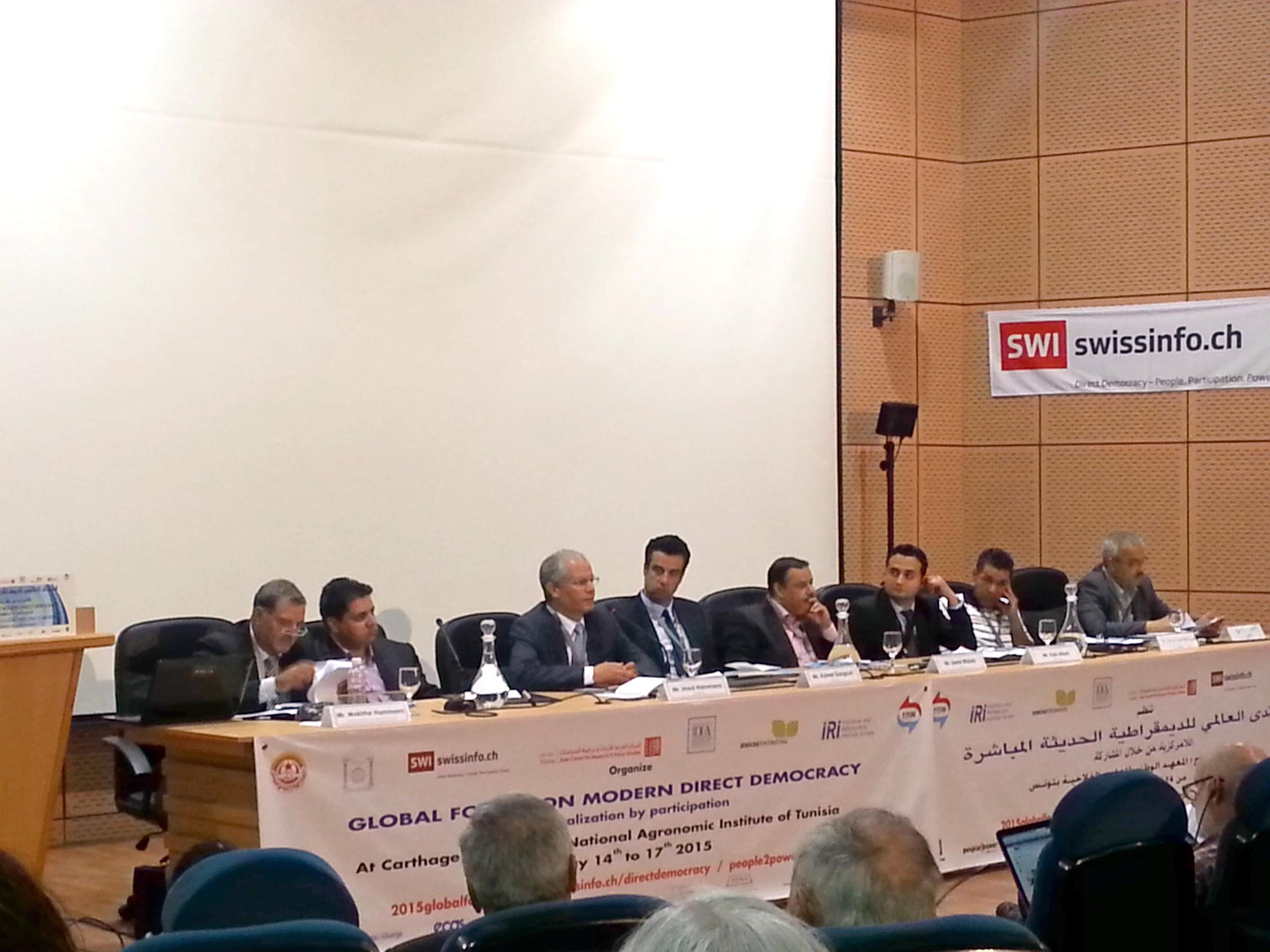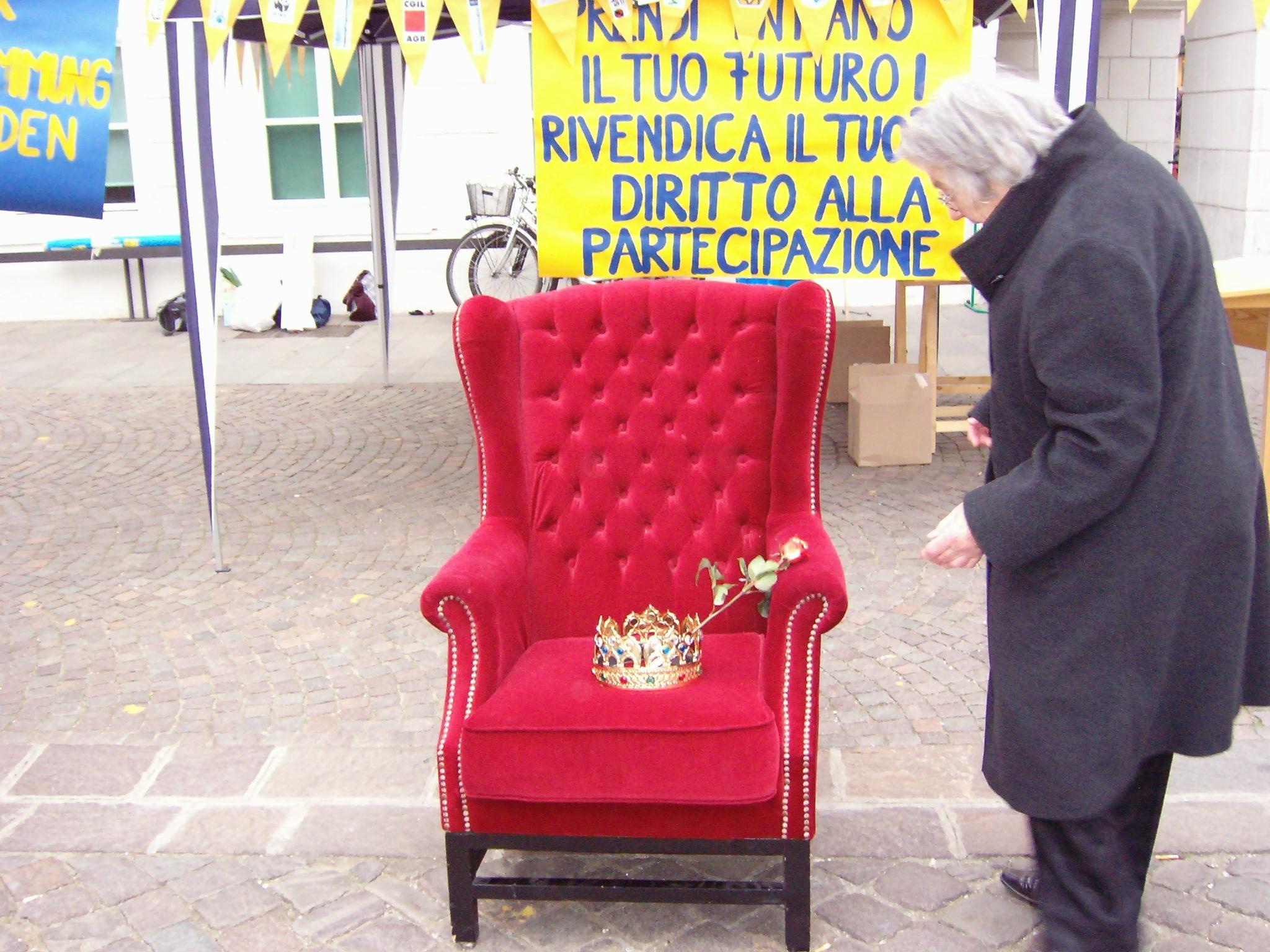‘Direct democracy isn’t feasible in modern societies’
As we all know, today even Greece has given up the direct democracy its ancestors invented. In fact the ancient Athens’ Ecclesia-style democracy can’t be found anywhere in the world.
Switzerland, despite being applauded as a role model of direct democracy in a modern society, actually applies an indirect democracy instead. However, its political system leaves room for direct election and referendum.
Why is direct democracy not possible in modern societies? There are several reasons. Direct democracy comes with high costs and high risks, it may lead to conflicts and be emotional.
As direct democracy often requires nationwide votes and assemblies, its economic, social and political costs will be considerable. It may particularly give rise to an over-politicisation of society, resulting in the dominance of politics over everything else.
Direct democracy is indeed a zero-sum game, an instrument that aggravates social conflicts, it splits a society between majorities and minorities, and the minorities will find their positions, interests and rights suppressed.
Therefore, direct democracy tends to bring about unrest, intolerance and injustice.

History
Historically speaking, such democracy, once put into practice, was either strangled by foreign aggression and civil strife, crushed under the hands of a tyrant, or crumbled when it became a vassal state of a superpower.
In such an Ecclesia system [the term refers to the political assembly in ancient Greek history], even if each citizen were Socrates, the ancient Athens citizen’s assembly would be no more than an awkward squad.
Direct democracy lacks procedures, promotes rigid uniformity. It restrains society, and causes despotism.
Such a democracy demands all citizens to have an unambiguous, either-yes-or-no opinion, which is quite often extreme, on each and every issue.
It ignores the complexity and ambiguity of issues, thus this decision-making often encourages people to resort to their basic emotions instead of their rational judgement.
This way of decision-making leads to a strict uniformity well known to the Chinese population, discounting the fact that citizens often don’t have a clear-cut position on many issues.
Clear answers
Frequent elections and votes look for precise answers and a clear definition of the issues at stake. But not all issues have a crystal-clear answer.
swissinfo.ch publishes op-ed articles by contributors writing on a wide range of topics – Swiss issues or those that impact Switzerland.
The selection of articles presents a diversity of opinions designed to enrich the debate on the issues discussed.
Direct democracy imposes participation, requires citizens’ absolute devotion to the state. As a result, it deprives, in disguise, individuals of the right to deal with their personal affairs.
Direct democracy doesn’t allow the distinction between public and private; citizens must participate in public affairs as individuals.
Therefore it defies the interests of civil society and intermediary institutions, it atomises society and asks individuals to face the state up front.
Because of its direct way of decision-making, it excludes procedures and intermediary layers, results in the lack of a filtering mechanism of messages and opinions, and thus leaves room for manipulation and emotionalisation.
Due to the absence of a correcting mechanism in direct democracy’s procedure, once the impulsive public will overpowers public welfare, it will eventually dig the tomb for the latter.
Republicanism
Direct democracy contradicts republicanism.
In direct democracy, “people” is often a concept of exclusiveness, there are always some who are left out. In ancient Greece, women and slaves were not included. Direct democracy promises autonomy for all citizens, but it is, in practice, a majority rule.
Because after each vote, there is always a minority whose opinion is rejected.
People’s will and rule isn’t equal to everybody’s will and rule: as long as it is the will of a majority, it cannot be that of all people.
As long as the majority decision dominates, there is a minority whose will is suppressed. As long as the majority rules, there is a minority which loses out. Therefore the so-called direct democracy is not a people’s rule, but at best a majority rule.
Socrates
Direct democracy assumes that everything may and must be submitted to a decision by the people.
However, the truth is that not all may or need be decided by the people.
The Ecclesiae in ancient Greece shows that this system doesn’t tolerate singularity, so much so that a philosopher such as Socrates was tried and found guilty of corrupting the minds of the youth, and subsequently sentenced to death.
Meanwhile, although a great number of citizens participated in the legislation and judiciary, the distribution of official positions was decided by casting lots rather than votes.
The different abilities and expertise of individuals was erased. This amounts to a political and power egalitarianism. It wouldn’t obtain better results than economic egalitarianism.
Not practical
Direct democracy is not practical, its primary obstacle would be the problem of size.
It is also related to human biological structure, i.e. man is not capable of lending his complete attention to more than one speaker at a time.
Thus, the agenda of any assembly on a bigger scale depends on its organiser(s) to decide on a schedule, to assign speakers and regulate meetings.
The bigger the assembly, the more privileges the organiser(s) hold, the weaker the voices of ordinary participants, and the more limited their chances of playing an active part in politics.
Effective communication and discussion would be even more difficult.
If powerful organiser(s) were able to dominate the outcome, direct democracy would be dead.
Manipulation
Although direct democracy requires as many participants as possible, the more people take part, the less effective they are.
In addition it’s easier to manipulate a majority than a minority. Hence, direct democracy would often become a “paradise” of ambitious schemers.
The best way to manipulate a decision-making body would be to increase its scale. An assembly of thousands could simply be a forum for the organiser(s) to deliver reports, but not a parliament for everyone to have their say.
Direct democracy in a strict sense exists only in a Utopian dreamer’s imagination. The one in ancient Athens wasn’t an absolute direct democracy, as those assemblies were not open to all citizens, and the administration was carried out by tribal-elected representatives.
Even if we copy the Athens model, by dividing a state into smaller political units with 50,000 people each, and applying direct democracy in these units, the state regime would never be directly democratised.
As long as each unit elected some people to form the national parliament, that would be an indirect representative democracy, instead of direct democracy. Therefore, in modern societies, direct democracy is simply unfeasible!
The views expressed in this article are solely those of the author, and do not necessarily reflect the views of swissinfo.ch. The cross-titles were set by swissinfo.
Translated from Chinese by Yu Lei

In compliance with the JTI standards
More: SWI swissinfo.ch certified by the Journalism Trust Initiative






You can find an overview of ongoing debates with our journalists here. Please join us!
If you want to start a conversation about a topic raised in this article or want to report factual errors, email us at english@swissinfo.ch.